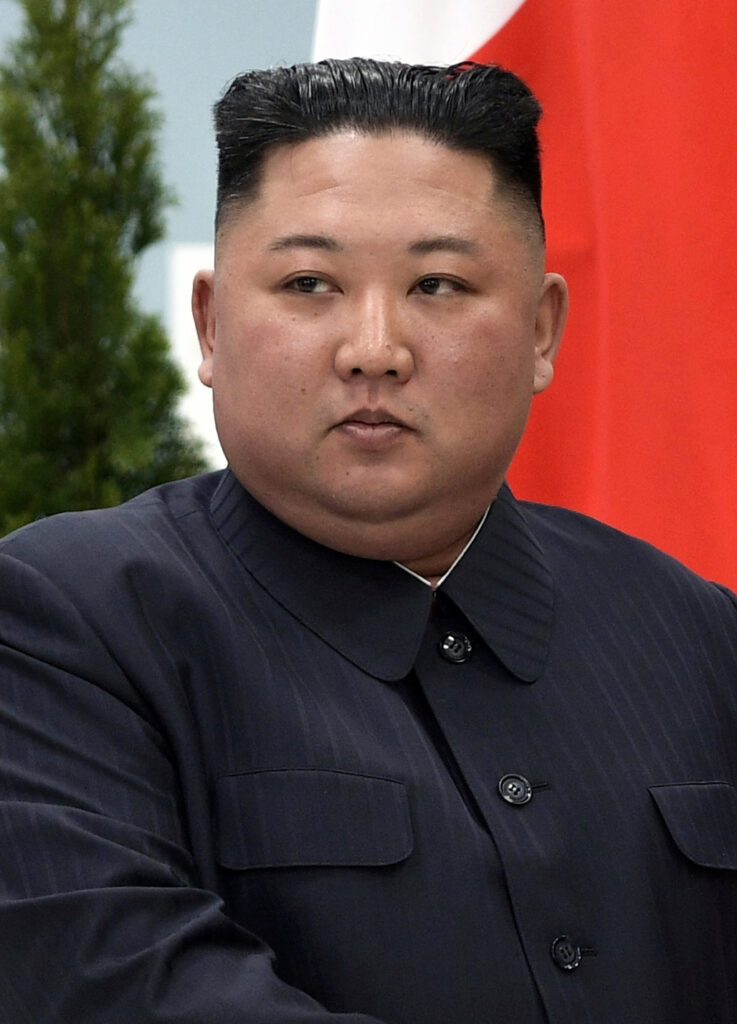North Korean Leader Accuses the United States of Escalating Tensions
A Dire Warning from Pyongyang
North Korean leader Kim Jong Un has accused the United States of heightening tensions on the Korean peninsula. Speaking at a military exhibition in Pyongyang, Kim claimed the risk of nuclear war has never been greater. According to state media outlet KCNA, he described the current standoff as the most dangerous confrontation the region has ever faced.
Kim’s remarks highlight his belief that past negotiations with Washington only confirmed its hostility toward Pyongyang. “We have already gone as far as we can on negotiating with the United States,” Kim stated. He accused the U.S. of maintaining an aggressive stance and pursuing policies that undermine any chance of peaceful coexistence.

U.S.-North Korea Relations: A History of Friction
Tensions between North Korea and the United States have remained high for decades. Despite moments of dialogue, such as the 2018 Singapore Summit, no lasting agreements have been reached. North Korea’s nuclear weapons program has been a key sticking point, with the U.S. demanding denuclearization and Pyongyang insisting on security guarantees.
Kim’s recent comments suggest little hope for future negotiations. Instead, he reiterated that the United States consistently follows what he termed a “thorough stance of power” against North Korea.
The Risk of Escalation
Kim’s warning of an “acute confrontation” raises concerns about potential military escalation. Experts fear that miscalculations on either side could lead to conflict. North Korea’s continued weapons testing, including intercontinental ballistic missiles, further fuels these fears.
The situation places neighboring countries, including South Korea and Japan, on high alert. Both nations have strengthened military cooperation with the U.S. to counter potential threats from Pyongyang. However, these alliances are often cited by North Korea as justification for its aggressive rhetoric and actions.
International Reactions and Implications
Kim’s speech has drawn attention from global powers, with calls for restraint on all sides. The United Nations has urged renewed dialogue, emphasizing the catastrophic consequences of any military conflict.
The escalating rhetoric complicates efforts to address broader regional security issues. China and Russia, key allies of North Korea, have criticized U.S. military exercises in the region. At the same time, they face pressure to discourage Pyongyang from further provocations.
Kim Jong Un’s stark warning underscores the fragile state of peace on the Korean peninsula. With tensions at an all-time high, the risk of missteps looms large. The path forward demands careful diplomacy, but mutual distrust between Pyongyang and Washington makes a resolution increasingly elusive.
Our Visitor






 Users Today : 39
Users Today : 39



